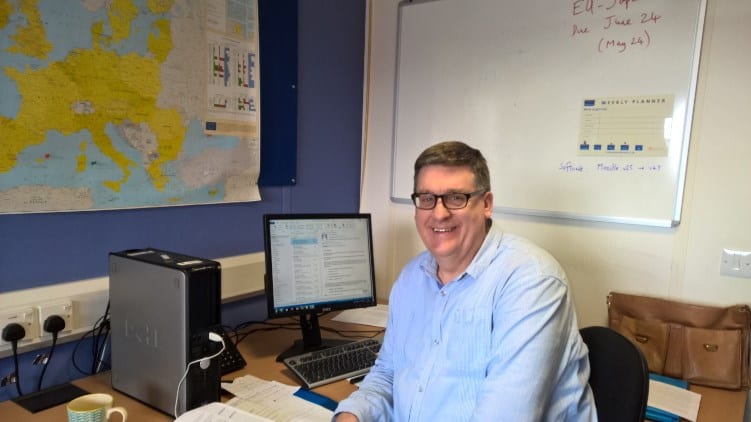CaHRU Newsletter (Summer 2021)

The latest edition of the CaHRU Newsletter (Summer 2021) was published in October 2021. The newsletter presents the work of the research centre over the past three months and includes articles from the CaHRU blog covering publications, conferences and funding. Continue reading CaHRU Newsletter (Summer 2021)



